
Each organization's sustainability journey is unique to them. Through the Biosphere Sustainable Lifestyle Platform, the plan can be developed, tracked and shared with ease.
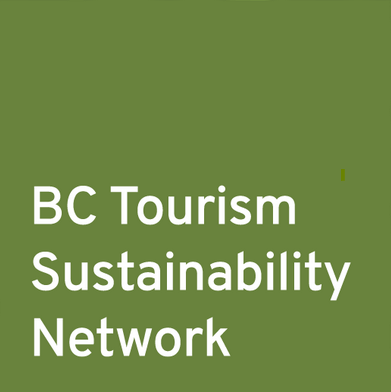
This free tourism sustainability program is helping tourism businesses incorporate sustainability into their operations and create a positive impact on our communities, the environment, and their bottom line, through the development of custom sustainability roadmaps.
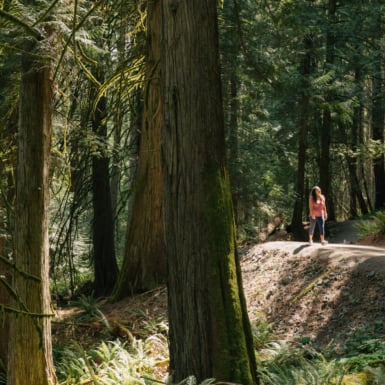
Businesses and non-profit organizations that provide tourism experiences within British Columbia are eligible to receive funding of up to $15,000 to implement a project or obtain sustainability certification. Offering micro-grant funding for organizations that already have a sustainability or climate adaptation plan and are ready to implement the recommendations. Applications are first come, first served and third intake for applications will open soon.
Micro-Grant to Support Sustainability and Climate Adaptation Plan Implementation

This online assessment will allow stakeholders to gain rapid insight into how their business or organization is performing based on GreenStep’s Sustainable Tourism criteria, which has been recognized by the Global Sustainable Tourism Council (GSTC).
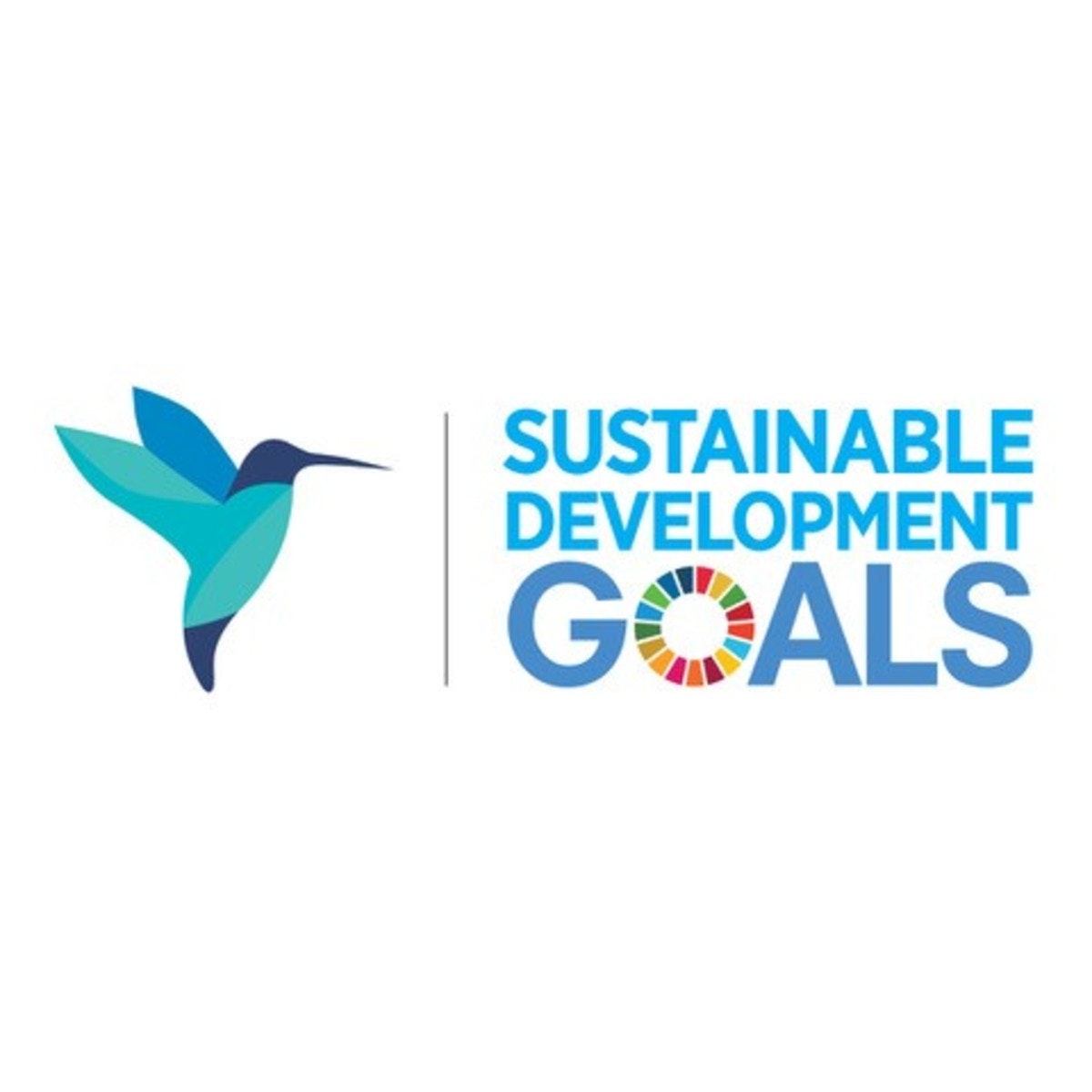
This course (free through Coursera) has been developed by Rotterdam School of Management at Erasmus University (RSM). It focuses on the role of businesses in achieving the SDGs. You will gain insights from leaders of international companies and academics in business and management who will guide you through the issue of how businesses can contribute to the SDGs.

Understanding your carbon footprint will provide insights to where adjustments can be made in your personal life and in your business operation.
UN Carbon Footprint Calculator (personal)
Carbon Footprint Business Calculator (small business)

Supporting local small and medium enterprises has multiple benefits - it reduces the carbon footprint of the good or service you are purchasing and it supports local businesses and employment. There are many places to increase your impact with local spending - your local farmers market is a great place to start but don't stop there!

Fair Trade is focused on building strong economies in partnership with producers, fostering thriving communities, and living within the limits of what our environment can sustain.

Water conservation is a valuable source of ‘new’ water that brings benefits to communities of all sizes. It can lighten the load on existing water sources and systems, increase the efficiency of local water use, and save utility money on treatment and distribution costs while protecting the environment and keeping water services affordable.

Most energy conservation program are aimed at improving energy efficiency, reducing GHG emissions, prioritizing conservation, and saving money on your bills. Here are some programs that might help your operation.

Charge North is a community-driven, collaborative program building an electric vehicle (EV) network across central and northern BC. The partnership developed between Charge North communities demonstrates collaborative leadership on addressing greenhouse gas emissions from transportation while supporting economic development and enhancing tourism opportunities.
PlugShare - EV Travel Planning Map

Sustainable purchasing considers the environmental, social and economic impacts of the purchase. Whether it's goods or services, applying a lens to all purchases that considers these things, as well as the suppliers' commitment to sustainable practices, helps everyone on the sustainability journey.
NBCTA Sustainable Purchasing Policy

Our land and water are being affected by invasive species. We are all stewards of our region, and all of us play a role in ensuring that our environment, people, and economy are protected.
The Invasive Species Council of BC has a tourism-specific program and BC Parks have resources to help with the identification, management and extraction of these species in our ecosystem.
Invasive Species Council of BC Invasive Wise Tourism
BC Parks Invasive Species Management Resources & Training

Creating decent work conditions in the tourism sector is not without it's challenges. go2HR is the BC's tourism and hospitality industry organization providing programs and services that support growth and success through human resources, health & safety, and training. They also offer a wealth of mental well-being resources, to support the people who keep our people businesses operational.
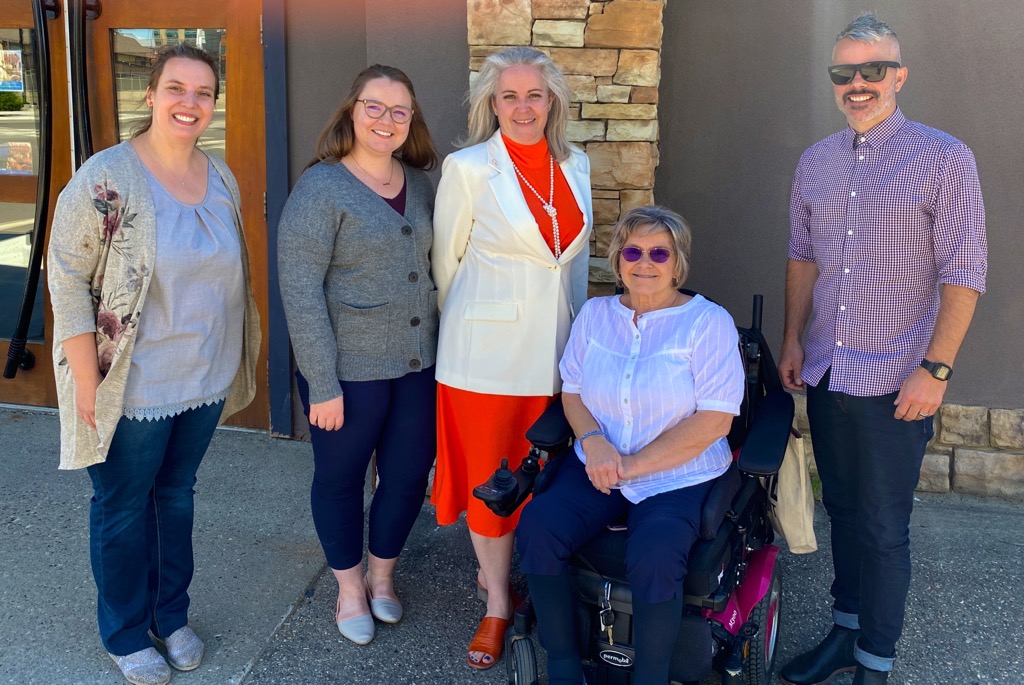
Keeping your staff happy is a big job and understanding their career aspirations can set the stages for a win-win in your operations, providing your organizations with increased capacity through personnel development while creating loyalty with your staff through your investment in their skills and experience.
The NBCTA takes this seriously and is sharing their employee development plan template.

Creating gender-equal working conditions that promote female empowerment is a priority of the UN Sustainabile Development Goals. To support this, go2HR, supported by Justice Canada, created Safer Spaces, a three-year initiative
that includes free online training targeted to employers and supervisors. Grounded in storytelling, the course aims to establish an emotional connection with participants, calling attention to the topic of workplace sexual harassment in tourism and hospitality while introducing resources and information to help prevent it. The self-paced course was designed for employers and supervisors, and takes place entirely online.

Communities and places which are planned and designed to accommodate all of its citizens and visitors celebrates potential, quality of life, and diversity of ability. Such communities and places also reaps social and financial benefits when citizens and visitors can enter businesses, cross streets, attend games and concerts, or participate in outdoor recreation.

Sustainability is no longer a “nice-to-have" feature but rather has turned into “table stakes” — especially for the meetings and events industry. This means that decision makers and planners are faced with a challenging balancing act that involves designing in-person events that are sustainable, inclusive and meaningful, while also keeping costs down and attendees satisfied.

Northern BC’s is rich with a variety of wildlife that attracts visitors from around the world. Protecting this life on land ensure an ongoing attraction for the region and exploring the region to see this wildlife requires special considerations. BC Parks has put together some wildlife guidelines and safety protocols to help keep our wildlife and visitors safe.
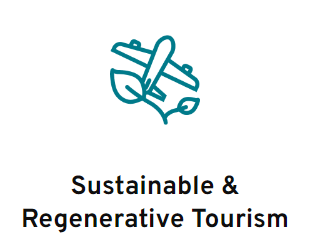
Taking action toward creating more sustainable and regenerative tourism options is crucial for addressing some of the most pressing environmental, social and economic challenges of our time.
Sustainable & Regenerative Tourism Resource Guide
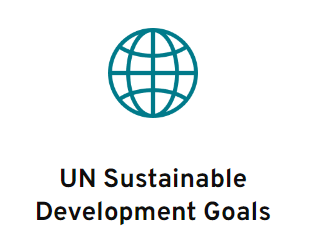
The 17 UN Sustainable Development Goals (SDGs) provide a useful framework for incorporating sustainable tourism efforts. Committing to one or two goals is enough to drive change!
UN Sustainable Development Goals Tourism Resource Guide
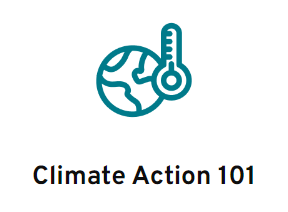
By implementing effective strategies to reduce and mitigate the carbon footprint of tourism and promote sustainable practices in the industry, we can encourage people to think about the planet when making travel decisions.
Climate Action 101 Tourism Resource Guide

Energy management is an essential component of sustainable tourism. It can minimize tourism's environmental impacts, reduce operating costs, and enhance visitor experiences. However, there is no one size fits all.
Energy Management Tourism Resource Guide
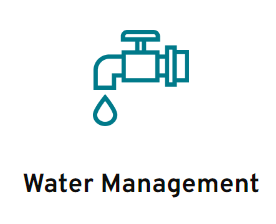
Sustainable water management practices safeguard our planet's vital water resources and ensure that tourism does not threaten freshwater ecosystem health or community access to potable water. Conscientious water usage provides numerous benefits to the tourism industry
Water Management Tourism Resource Guide
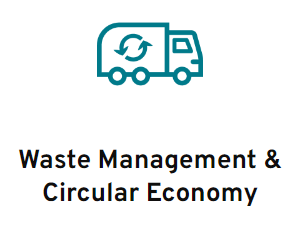
Proper waste management reduces the impacts of waste on human health, the environment, and the economy. The tourism industry can have a signifcant impact on waste generation. In fact, visitors often consume more resources than locals, producing up to twice as much waste as a local resident in some areas.
Waste Management & Circular Economy Tourism Resource Guide
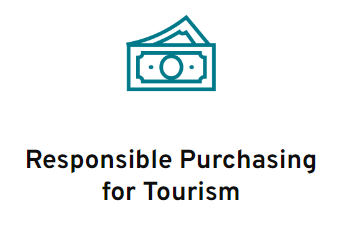
Responsible sourcing of products and services minimizes environmental and social impacts and keeps money circulating in the local communities. By adopting responsible purchasing practices, tourism businesses can reduce their environmental footprint and support local communities.
Responsible Purchasing for Tourism Resource Guide
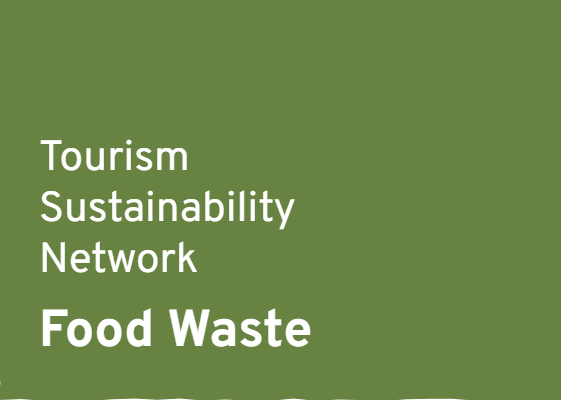
The “Reduce, Repurpose, and Recover” approach offers solutions, emphasizing reduction plans, repurposing surplus food, and proper disposal methods. Collaboration through employee training and guest engagement is vital, not only for environmental stewardship but also for substantial cost savings in waste management. Tackling food waste in tourism requires a collective effort to redefine consumption practices and foster a culture of responsibility.
Food Waste in the Tourism Sector Resource Guide
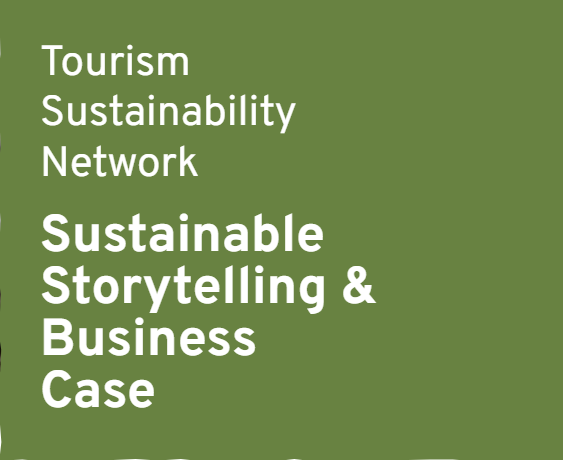
Storytelling has long been ingrained in human communication, serving as a potent tool to forge emotional connections. In the tourism sector, it’s not just about sharing tales; it’s about authentically showcasing values and commitment to sustainability. With 76% of travellers seeking eco-conscious options, sustainability storytelling has become a pivotal marketing trend. As travellers increasingly prioritize sustainable practices, tourism operators can leverage storytelling to captivate audiences at every stage of the travel journey. From dreaming to experiencing and sharing, weaving sustainability narratives into marketing packages can resonate deeply with travellers.
Sustainable Storytelling & Business Case Resource Guide
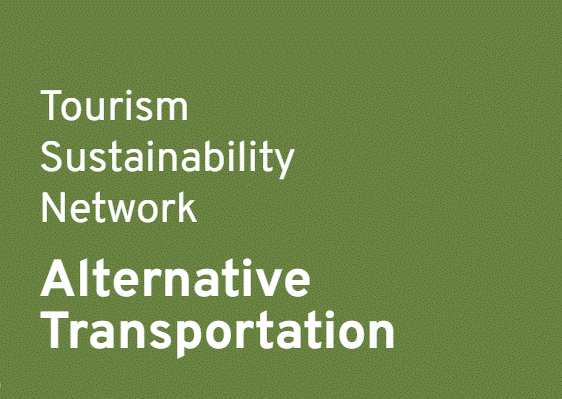
Embracing alternatives like walking, cycling, public transit, and carpooling is pivotal, but so are moves toward electrification. The BC Active Transportation Strategy supports this shift with investments in infrastructure and education. Implementing alternative transportation involves evaluating existing programs, setting goals, and collaborating locally. The benefits are clear: reduced emissions, enhanced community livability, and improved physical health. Incentives and grants further support this transition, allowing tourism operators to align with sustainability goals and enhance visitor experiences.
Alternative Transportation Resource Guide
Signup for updates!
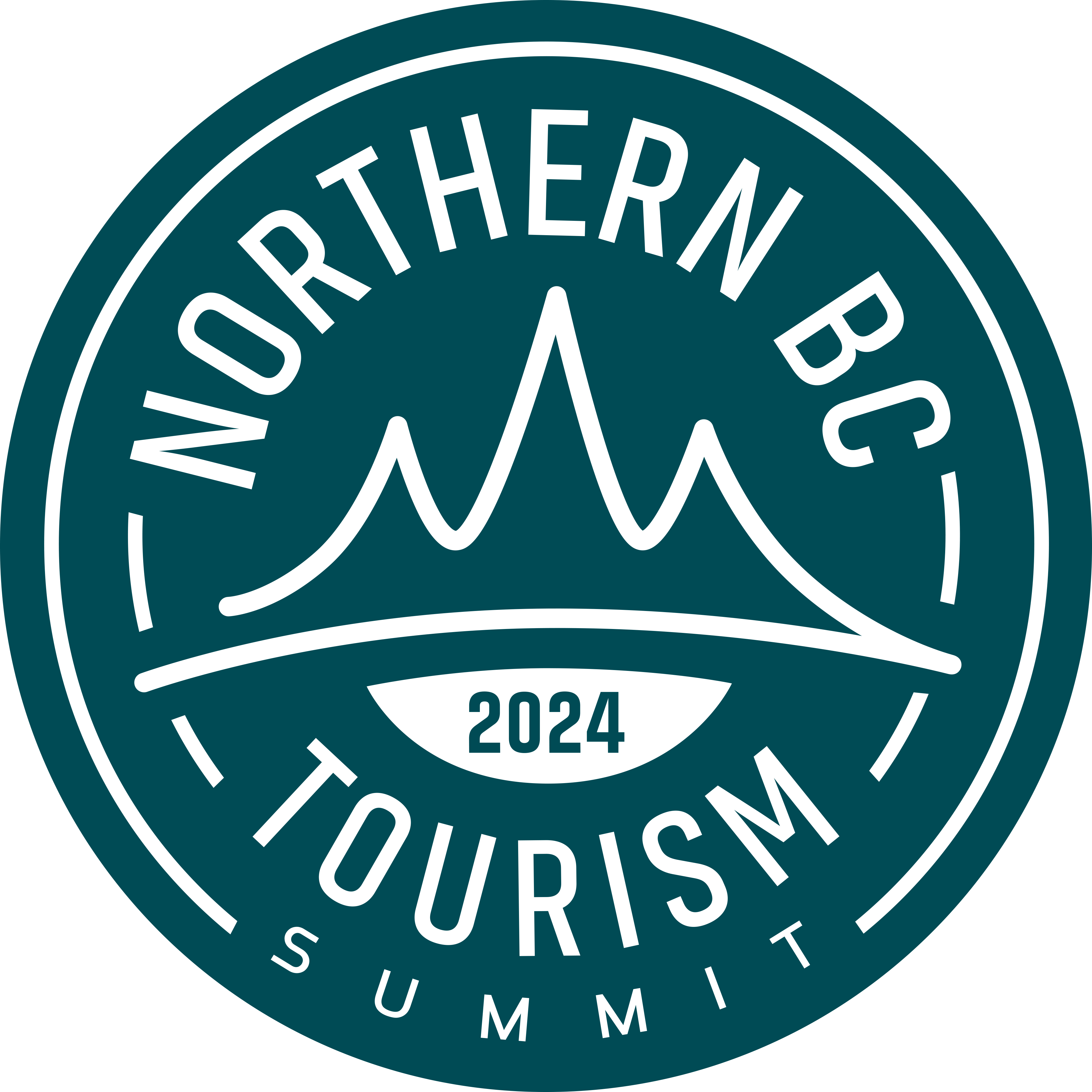
Our summit will bring together industry experts, travel enthusiasts, and local businesses to discuss the latest trends, strategies, and opportunities in Northern BC's tourism sector.
Expect engaging discussions, insightful keynote speakers, and interactive workshops that will equip you with valuable knowledge and insights. Connect with like-minded individuals, forge new partnerships, and gain inspiration to take the tourism sector to the next level in the region.